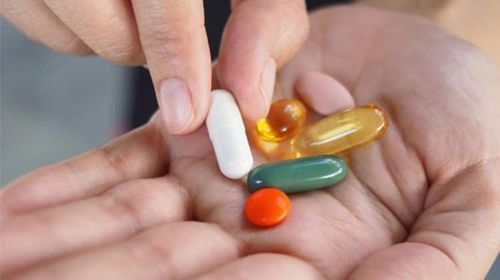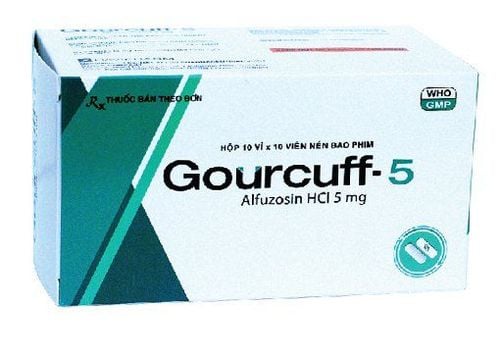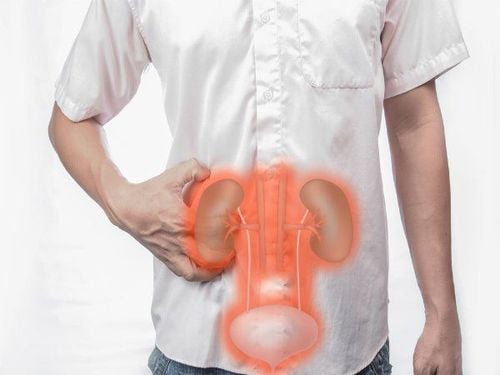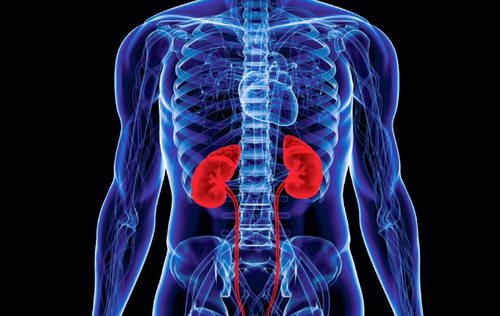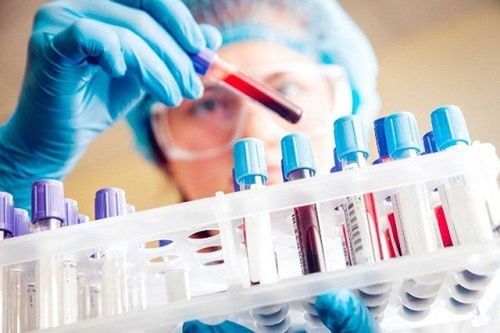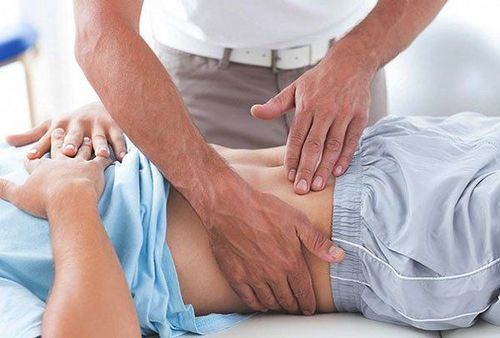This is an automatically translated article.
Performing a kidney function test is one of the effective methods to prevent the risk of kidney diseases and take timely intervention when there are any abnormal signs.
1. Blood tests
1.1. Serum Creatinine Creatinine is one of the substances excreted by the kidneys during the body's activities. Everyone's blood creatinine levels can vary due to race, age, and weight. If kidney disease progresses, the level of creatinine in the blood will increase. Warning signs that the body is having certain abnormalities is when the creatinine level in the blood in women > 1.2 and in men > 1.4.
1.2. Glomerular Filtration Rate (GFR) The glomerular filtration rate is a measure of how well the kidneys are removing waste products from the blood. The normal glomerular filtration rate may vary based on age. In the elderly, this percentage tends to decrease. On average, the GFR value is 90 or higher. If GFR <15, the patient is at high risk for kidney failure requiring dialysis or a kidney transplant.
1.3. Blood Urea Nitrogen (BUN) Normal Blood Urea Nitrogen levels are between 7 and 20. An increase in BUN indicates decreased kidney function.
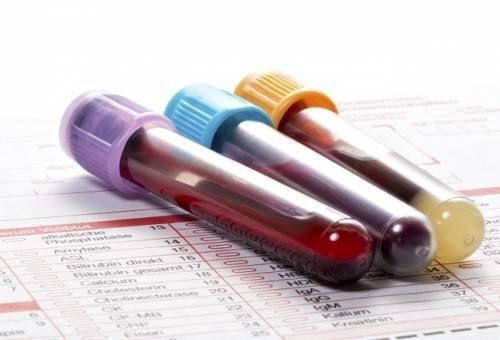
Đo nồng độ một số chất trong máu giúp đánh giá chức năng hoạt động của thận
2. The visual test
2.1. Ultrasound Ultrasound is a technique that helps to take pictures of the kidneys, observing the kidneys in detail to detect abnormalities in the position, size or appearance of tumors, abnormal obstructions.
2.2. CT Scan CT Scan uses X-rays to look at the kidneys. CT Scan helps to detect abnormal structures and the presence of obstructions.
CT Scan requires the operator to use contrast dye, which can be harmful for people with kidney disease.
3. Kidney biopsy
Kidney biopsy is done when:
Determine the specific disease condition to give the appropriate treatment. Assess the extent of kidney damage. Learn why a kidney transplant may not work well. A kidney biopsy is performed by using a thin needle with a sharp tip to cut a small piece of kidney tissue, which is then examined under a microscope.
4. Urine test
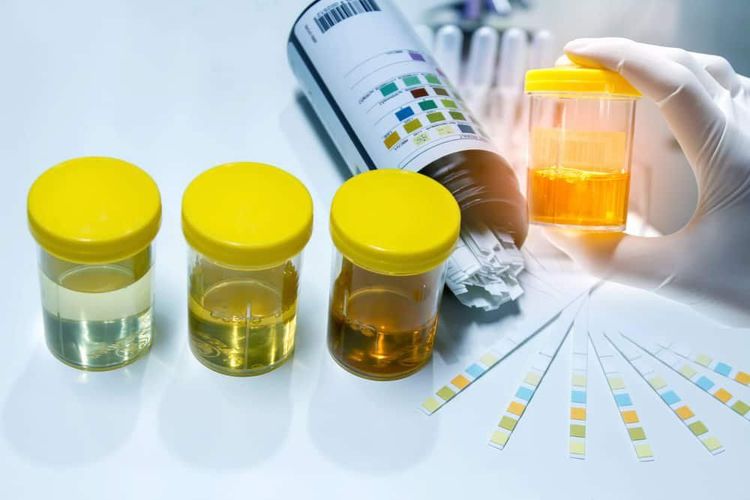
Xét nghiệm nước tiểu có thể giúp đánh giá khả năng đào thải của thận
Urine test can accurately show the level of kidney function, the amount of protein in the kidney's waste every day.
4.1. Urinalysis Urinalysis involves examining a urine sample under a microscope and performing various tests.
Tests are chemically processed and dipped in a urine sample.
Tests change color under the influence of blood, pus, bacteria, protein, excess sugar.
Urine test will show many kidney disorders, diabetes, kidney stones, stomach...
4.2. Proteinuria Proteinuria is done during urinalysis. Proteinuria is an excess of protein in the urine.
4.3. Microalbuminuria This is a test that can detect small amounts of a protein called albumin in the urine. People at high risk for kidney disease should have this test if the urine test for proteinuria is negative.
4.4. Creatinine clearance Creatinine is one of the waste products released by the kidneys during functioning. Through the creatinine clearance test, you can see the amount of waste that the kidneys excrete per minute.
5. Where is the kidney function test effective?
Vinmec Times City International General Hospital is the first unit in Vietnam to apply the very modern technique of screening for early kidney failure by urine test. Patients can come to collect urine at any time of the day and get results in just 30 minutes.
Vinmec owns a system of modern equipment and machinery, which helps the assessment of kidney function most effectively, quickly and accurately. A team of professional, well-trained doctors and nurses who understand the testing process, modern technology, how to operate machines, improve the efficiency of diagnosis and treatment of diseases. Urine test technique to screen for early kidney failure is applied in the following cases:
Kidney failure screening for health examination program or mass screening if the doctor or patient has suspicion of kidney function. Screening for kidney failure in patients with diabetes and high blood pressure. Patients with kidney diseases: acute and chronic glomerulonephritis, nephrolithiasis, pyelonephritis, polycystic kidney, horseshoe kidney, Monitor patients before and after kidney transplantation. The patient is in the intensive care unit. Surgery The patient has sepsis. Indicated to take X-rays with the use of iodinated contrast agents...
Please dial HOTLINE for more information or register for an appointment HERE. Download MyVinmec app to make appointments faster and to manage your bookings easily.




